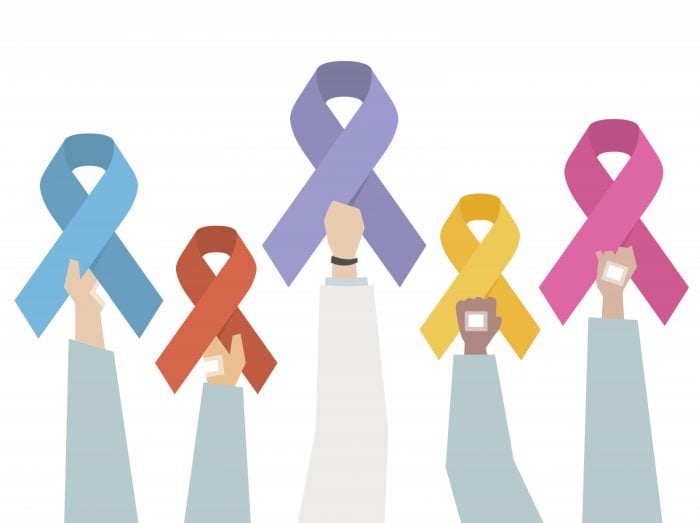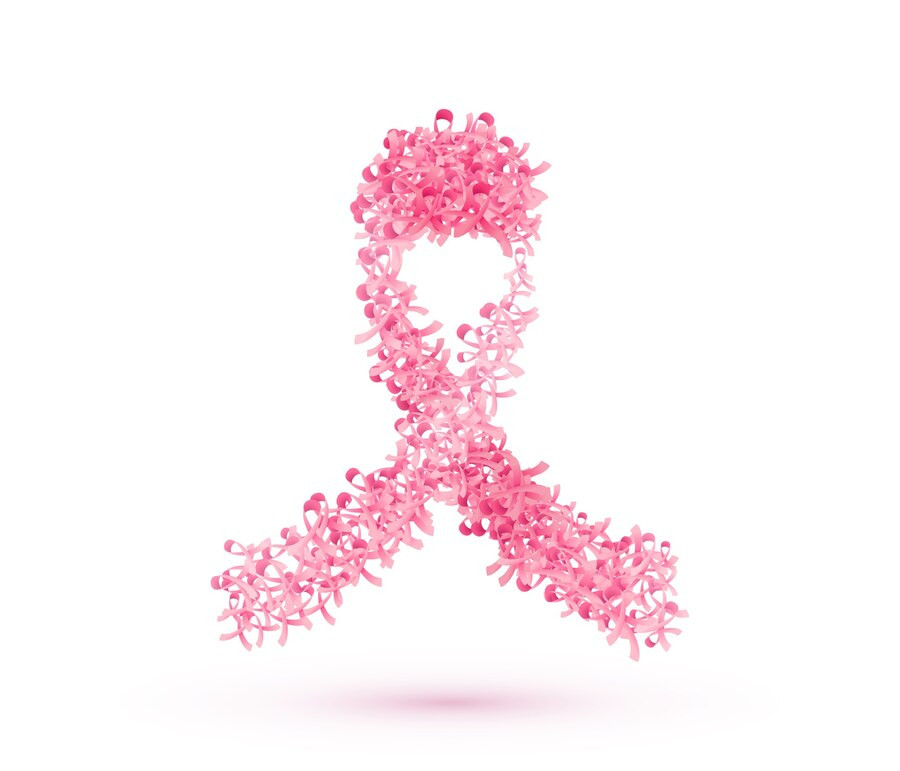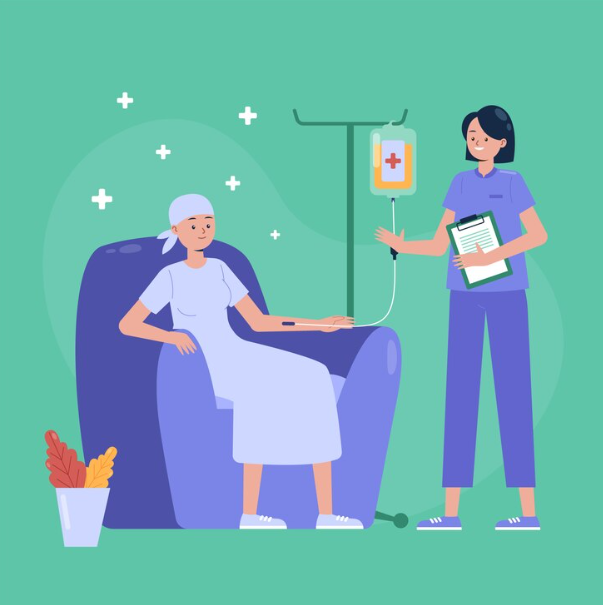Young Adults at Greater Risk as Colorectal Cancer Cases Rise

©️ rawpixel.com / Freepik
Colorectal cancer, once mainly affecting older adults, is now more common in people under 50 years old.
This shift has raised concerns among healthcare professionals, calling for more awareness and early screening.
Rising Cases Among Younger Adults

In the past 30 years, colorectal cancer rates in people under 50 have increased. Dr. Rachel Issaka from UW Medicine predicts that by 2030, it will be the leading cause of cancer deaths in this age group.
Experts aren’t sure why this is happening, but lifestyle factors may be involved. Dr. Issaka points out that areas with Westernized diets, which include processed foods and less exercise, have seen similar increases. Changes in gut microbiomes could also contribute.
Why Early Detection Matters
Colorectal cancer often has no symptoms in the early stages, making screening essential. Dr. David Parsons, a colon and rectal surgeon, warns that waiting for symptoms like blood in the stool or pain is not enough. Early screening can prevent cancer and improve treatment outcomes.
Screening Guidelines
Due to the rising cases in younger adults, guidelines now suggest starting screenings at age 45 for those at average risk. Those with a family history should start earlier. Screening options include colonoscopies and at-home tests, like the FIT, which checks for blood in the stool.

Recognizing Symptoms
Though screening is key, it’s important to notice possible symptoms. Blood in the stool, weight loss, abdominal pain, changes in bowel habits, and fatigue should be taken seriously. However, these symptoms usually appear in advanced stages, highlighting the importance of regular screening.
Health Disparities
Disparities exist in colorectal cancer diagnoses and outcomes among different racial groups. Black patients are often diagnosed later and face higher mortality rates. Limited healthcare access, mistrust of medical systems, and lack of family medical history awareness contribute to these issues. Addressing education, access to care, and cultural sensitivity is crucial to reducing these disparities.
Lifestyle Changes for Prevention
Some risk factors, like age and genetics, can’t be changed, but lifestyle can help lower risk. Recommended changes include more physical activity, a diet rich in fruits, vegetables, and whole grains, cutting back on red and processed meats, avoiding tobacco, and limiting alcohol. These habits, along with regular screenings, can significantly lower the risk of colorectal cancer.
Read also: Healthy People Getting Cancer Before Age 50, Study Says


